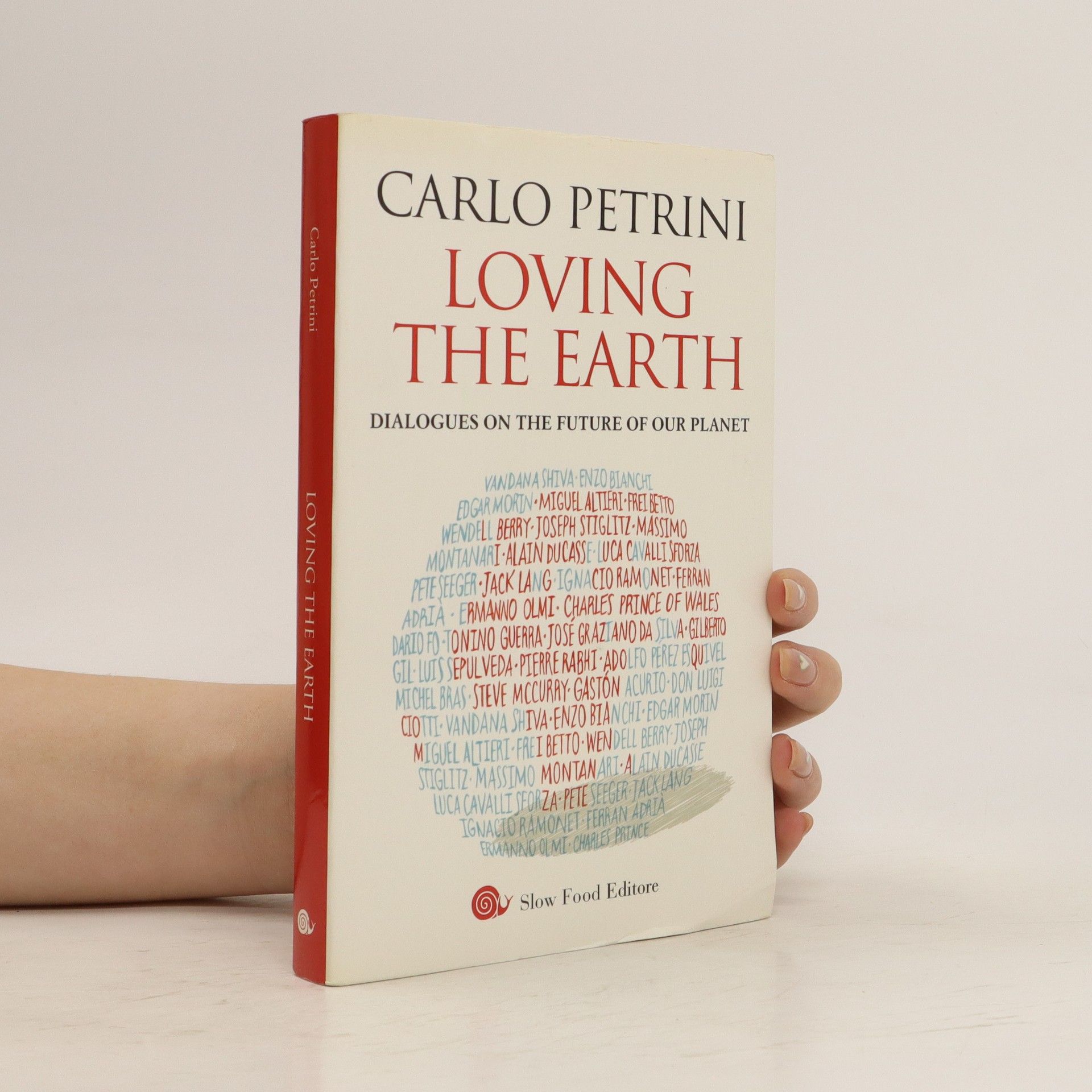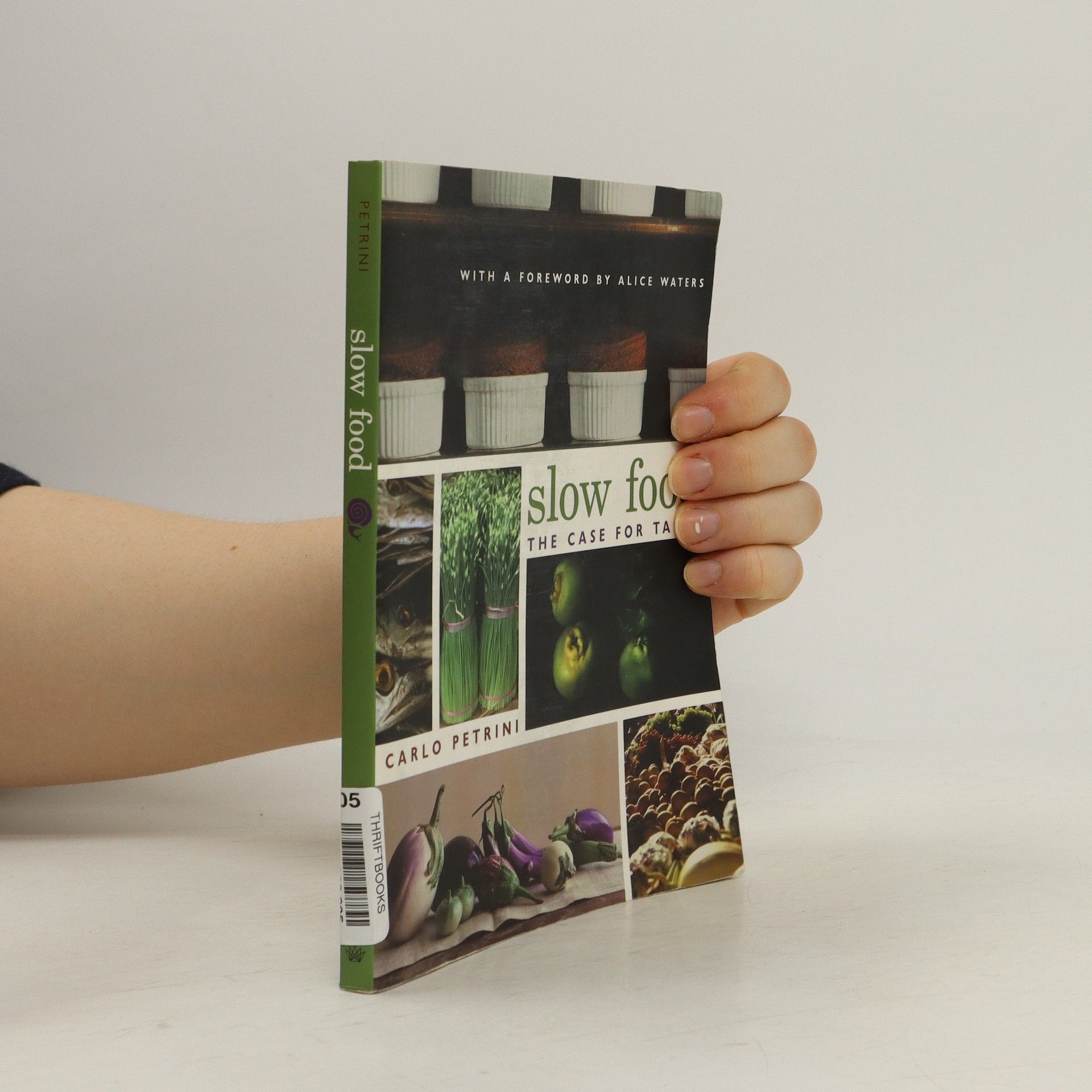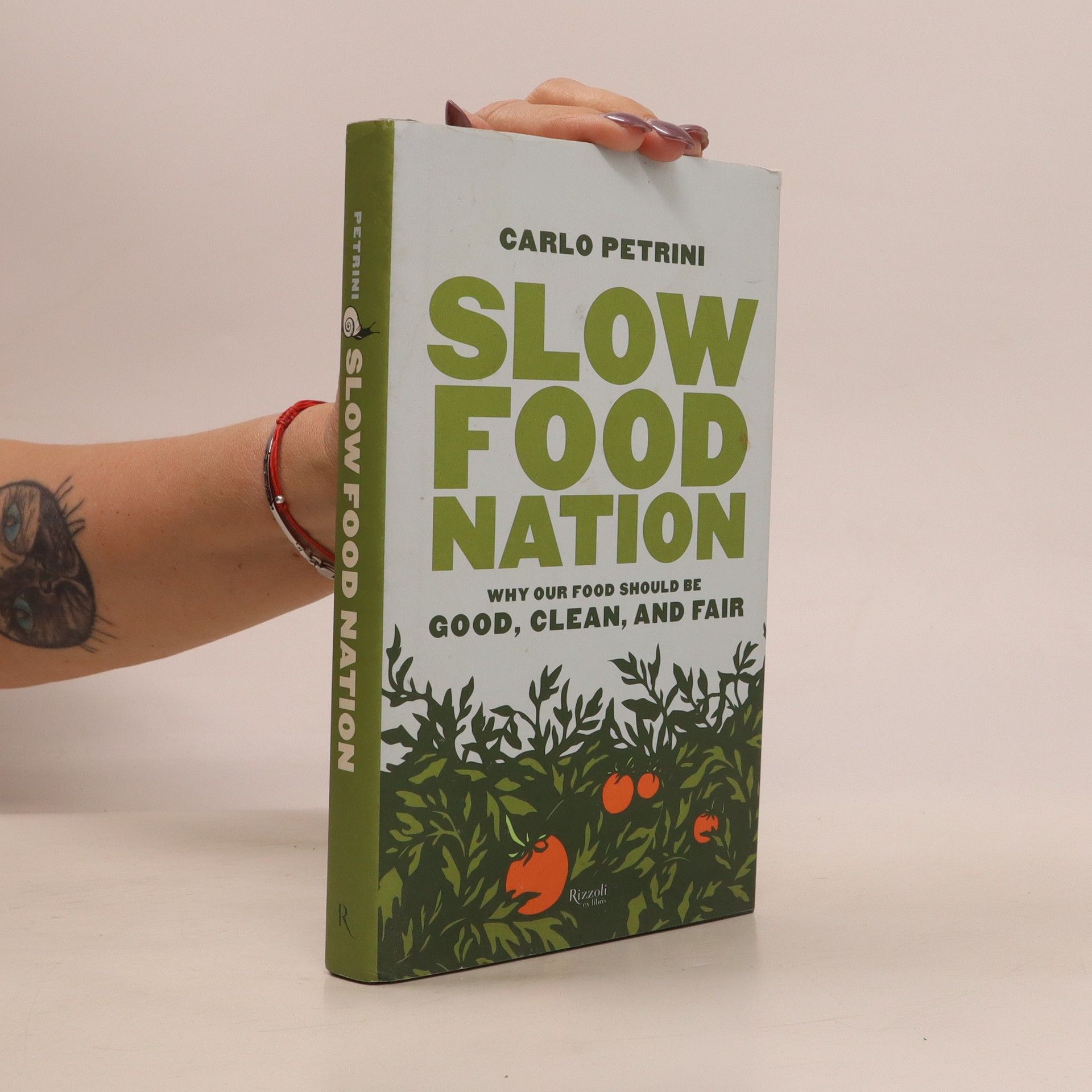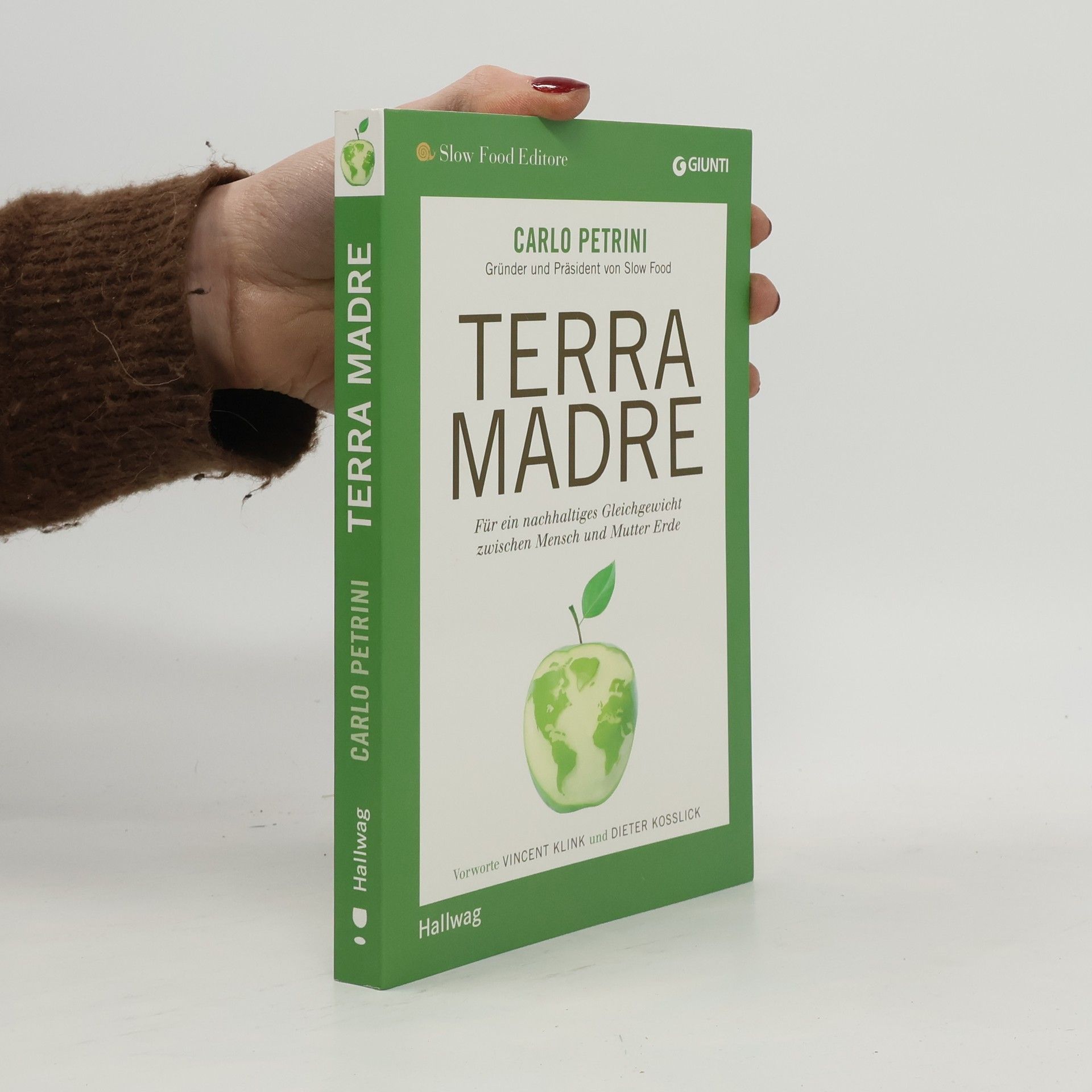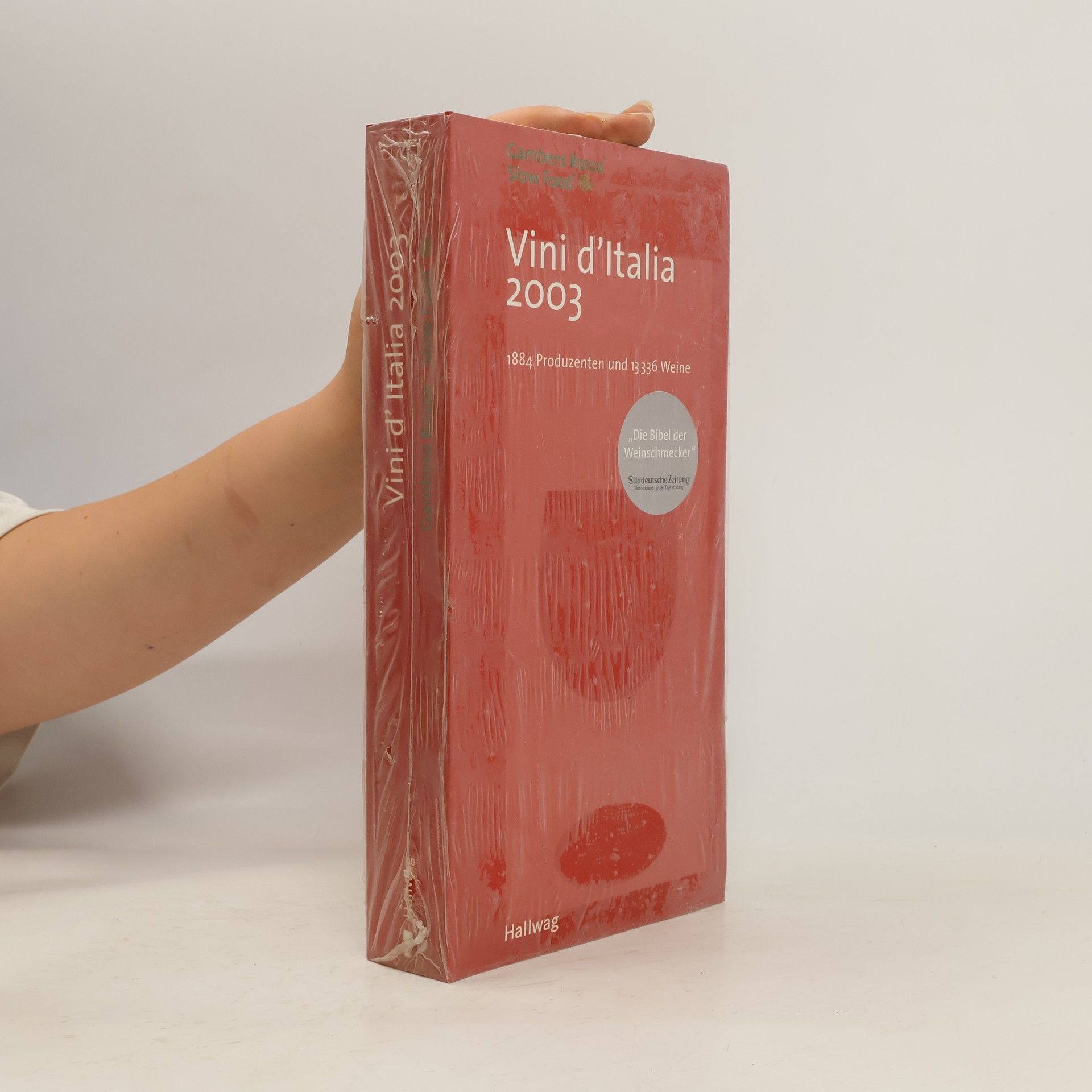Slow Food Nation
- 262 stránek
- 10 hodin čtení
By now most of us are aware of the threats looming in the food world. The best-selling Fast Food Nation and other recent books have alerted us to such dangers as genetically modified organisms, food-borne diseases, and industrial farming. Now it is time for answers, and Slow Food Nation steps up to the challenge. Here the charismatic leader of the Slow Food movement, Carlo Petrini, outlines many different routes by which we may take back control of our food. The three central principles of the Slow Food plan are food must be sustainably produced in ways that are sensitive to the environment, those who produce the food must be fairly treated, and the food must be healthful and delicious. In his travels around the world as ambassador for Slow Food, Petrini has witnessed firsthand the many ways that native peoples are feeding themselves without making use of the harmful methods of the industrial complex. He relates the wisdom to be gleaned from local cultures in such varied places as Mongolia, Chiapas, Sri Lanka, and Puglia. Amidst our crisis, it is critical that Americans look for insight from other cultures around the world and begin to build a new and better way of eating in our communities here.


